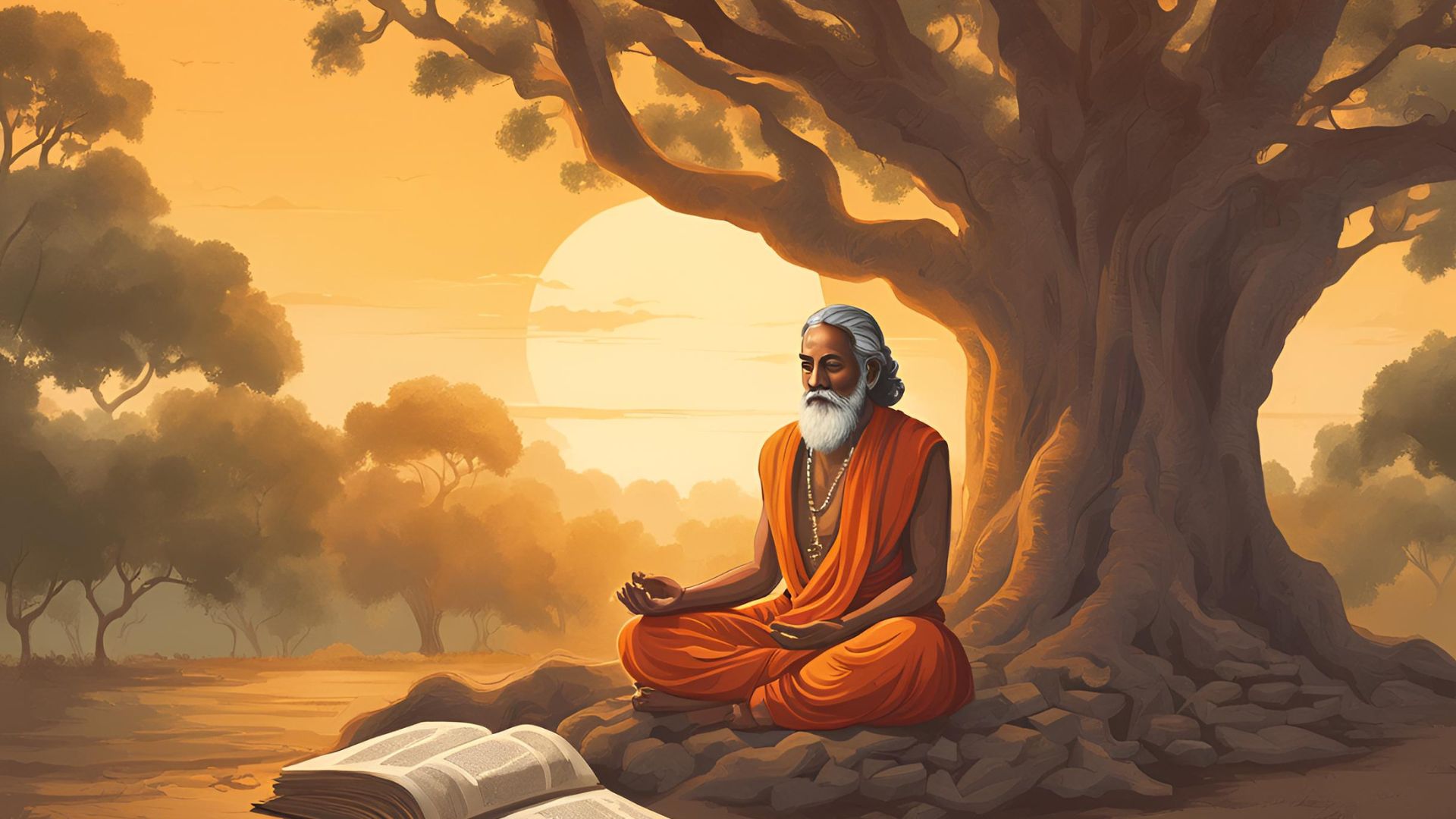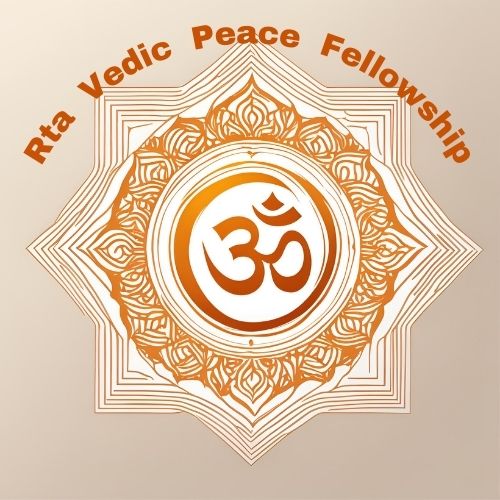Our Approach
VEDIC APPROACH TO
LIFE CHOICES AND NATURE
Vedic approach to life choices and nature

Our approach to promoting harmony and peace at the individual and collective levels, is based on scriptures which collectively form the foundation of Hindu beliefs, practices and philosophy, both Shruti (heard) and Smriti (remembered), namely:
1. Shruti – divinely revealed, most authoritative, not created by humans, considered eternal and unchangeable:
The Vedas along with Brahmanas, Aranyaks and Upanishads. These texts are believed to be divinely revealed to ancient sages (rishis) in a state of deep meditation. The knowledge was initially passed down through generations before being written. This oral tradition emphasises the sacred and authoritative nature of the writings, being revelations from the devine.
The Upanishads, being part of the oral tradition also emphasize their revered status in Vedic philosophy.
2. Smriti – human authorship, based on memory and tradition, providing interpretations, expansions, and applications of the principles found in Shruti:
Bhagavad Gita, Ramayana, Mahabharata, Puranas, Agamas and Dharmasastra.
Our guidance and perspectives, whilst based on Hindu beliefs, practices and philosophy, can benefit people of all religions and nationalities. In Vedic tradition, philosophy is not just an academic pursuit but a way of life. It is about understanding the fundamental nature of reality, the self and the universe.
Vedic philosophy

Vedic philosophy, also known as Hindu philosophy, is a rich and ancient system of thought that originates from the Vedas, the oldest sacred texts of India. It delves into the essence of existence, the cosmos and the human psyche – offering a holistic perspective.
Here are some key aspects of Vedic philosophy:
1. Darshana: The term “Darshana” means “viewpoint” or “perspective” in Sanskrit. Vedic philosophy is divided into six orthodox schools that accept the authority of the Vedas: Samkhya, Yoga, Nyaya, Vaisheshika, Mimamsa and Vedanta.
2. Ultimate Reality (Brahman): Central to Vedic thought is the concept of Brahman, the ultimate, unchanging reality that is the source of all existence. Brahman is often described as infinite, eternal and beyond human understanding.
3. Atman: The individual soul or self (Atman) is considered to be identical with Brahman. Achieving this unity is the goal of many Vedic practices and philosophies, leading to liberation (moksha) from the cycle of rebirth.
4. Karma and Dharma: Vedic philosophy emphasizes the law of karma (action and its consequences) and dharma (duty/righteousness). These principles guide ethical behaviour and spiritual practice.
5. Interconnectedness: The Vedas portray a universe where everything is interconnected. This holistic view suggests that individuals have far-reaching consequences, affecting the balance of the entire cosmos.
6. Meditation and Rituals: Practices such as meditation, chanting mantras, and performing rituals are integral to Vedic philosophy. These practices are seen as ways to align oneself with the cosmic order and attain spiritual insight.
Vedic philosophy has deeply influenced various aspects of Indian culture, including art, literature, and science. Its holistic and integrative approach continues to inspire contemporary thought and practice.
Differences between Vedic philosophy and say Western philosopy

As stated above, Vedic philosophy, also known as Hindu or Indian philosophy, is rooted in ancient Indian texts like the Vedas and Upanishads. It emphasizes concepts such as karma (action and its consequences), dharma (duty/righteousness), and moksha (liberation from the cycle of rebirth). The focus is on the interconnectedness of all beings and the pursuit of spiritual liberation through self-realisation.
In contrast, Western philosophy has its origins in ancient Greece and emphasizes rationality, logic, and empirical evidence. It explores various branches like metaphysics, ethics, and epistemology, and has significantly influenced the development of science, politics, and social systems. Western philosophy often seeks knowledge and truth through critical thinking and debate.
Here are some key differences:
- Focus: Vedic philosophy emphasizes spiritual and metaphysical aspects, while Western philosophy focuses on rational and logical thinking.
- Goal: The goal in Vedic philosophy is attaining liberation (moksha) and self-realization, whereas Western philosophy seeks knowledge, truth, and understanding.
- Epistemology: Vedic philosophy relies on direct experience, intuition, and scriptures, while Western philosophy relies on reason, logic, and empirical evidence.
- Reality: Vedic philosophy believes in an eternal, unchanging reality (Brahman), whereas Western philosophy often focuses on the material world and observable phenomena.
- Concept of Self: Vedic philosophy believes in an eternal, unchanging self (Atman), while Western philosophy focusses on individual identity and self-awareness.
Both traditions offer valuable insights into the nature of reality, existence, and human experience, but they approach these questions from different cultural and philosophical frameworks.



